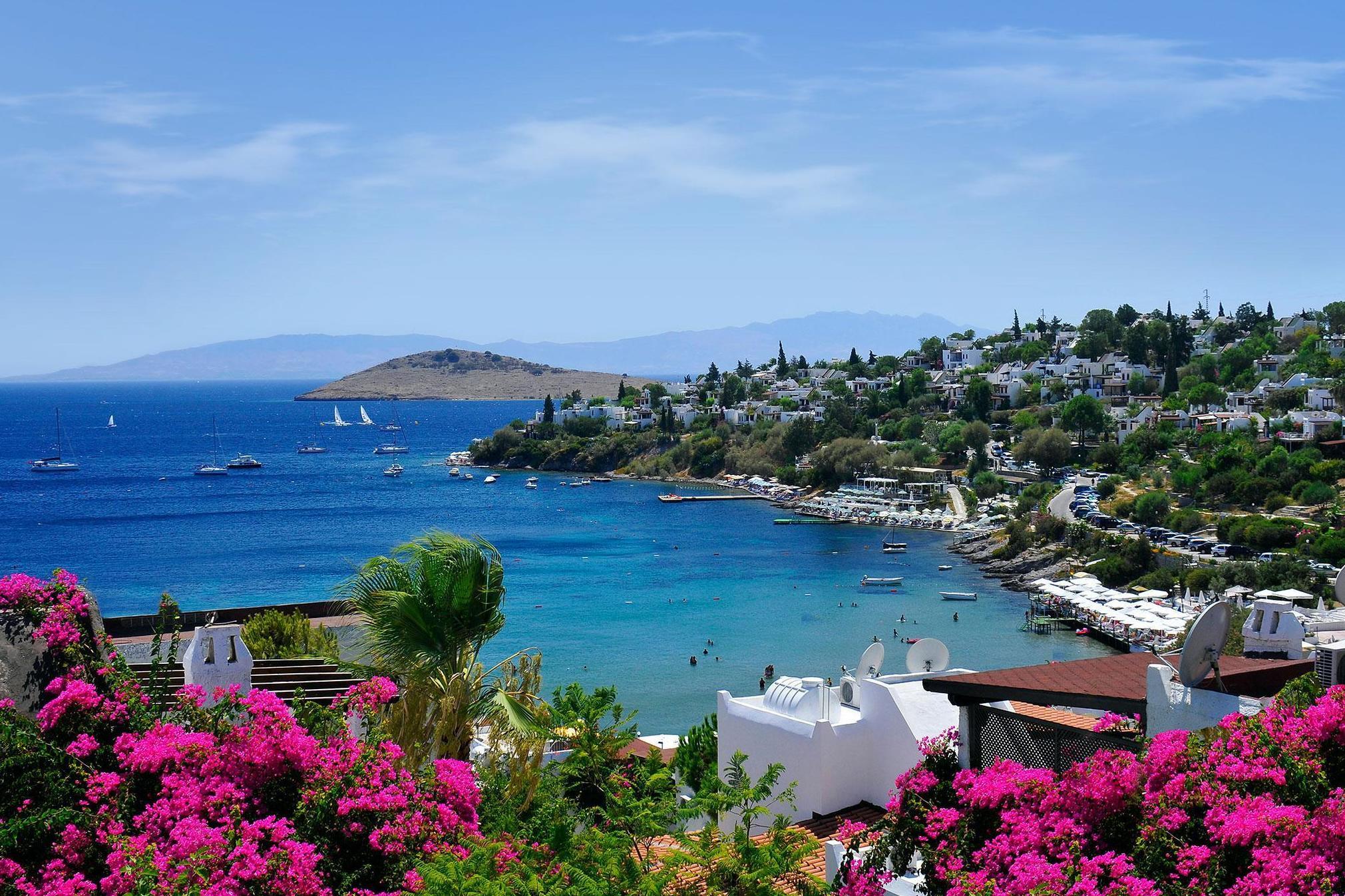What's it like to go on holiday to Turkey right now?
After two years of political instability and well-publicised terrorist attacks, Turkey's tourism industry seems to be making a slow but steady recovery. Rachel Hosie discovers what it's like on the ground

Your support helps us to tell the story
From reproductive rights to climate change to Big Tech, The Independent is on the ground when the story is developing. Whether it's investigating the financials of Elon Musk's pro-Trump PAC or producing our latest documentary, 'The A Word', which shines a light on the American women fighting for reproductive rights, we know how important it is to parse out the facts from the messaging.
At such a critical moment in US history, we need reporters on the ground. Your donation allows us to keep sending journalists to speak to both sides of the story.
The Independent is trusted by Americans across the entire political spectrum. And unlike many other quality news outlets, we choose not to lock Americans out of our reporting and analysis with paywalls. We believe quality journalism should be available to everyone, paid for by those who can afford it.
Your support makes all the difference.My brother's girlfriend was nervous when she found out he'd be going to Turkey on holiday – as well she should be, you might think. As a singleton, no one was worried for my safety, but I'd be lying if I said I didn't have a touch of concern after what's happened in the country over the last few years.
Turkey is still on high alert and the Foreign Office has warned that a terrorist attack is “very likely.” Over the past two years, there has been a series of terror attacks, the latest of which occurred at a night club in Istanbul on New Year’s Eve, killing 39 people.
Tourism in Turkey has dwindled as a result, with the number of foreign visitors dropping by 30 per cent in 2016 – the lowest level in nine years.
Add into this security concerns and political volatility after the attempted coup against President Erdogan last year, which inevitably failed, and it’s little wonder Brits have opted for the seemingly safer yet equally sunny climes of Spain and Malta.
Just a week before my brother and I were due to jet off to the Turkish Riviera, disaster struck the region yet again, when an earthquake devastated Bodrum.
Despite myriad setbacks, there are tentative signs that tourism is recovering. More and more luxury hotel resorts are opening along the coast around Bodrum, including a resort from international brand LUX that launched in July; investors and hoteliers alike clearly believe the country is on the brink of a resurgence. Thomas Cook, meanwhile, lifted the laptop ban on flights from Turkey earlier this month, helping restore some confidence.
So what’s it like to be a tourist in Turkey right now?
While the sky above was flawless blue and sea before me a bright, inviting turquoise, with an array of beautiful yachts bobbing gently in the harbour, Bodrum was noticeably quiet when we visited in early August – usually peak season.
Queues were absent at the main tourist attractions such as the castle and the mausoleum, and the tourist boats, used for daytrips, all seemed to be docked.
Of course, this dearth of visitors has led to some pretty great benefits for those of us who have decided to venture here. Everywhere we went, we were given A-list treatment; in cafes, restaurants and shops, they were so pleased to see us, I felt like a VIP.
We wandered into a Turkish delight shop, the shelves brimming with aromatic spices and colourful dried fruits. The shopkeeper was thoroughly friendly and welcoming, encouraging us to try as many flavours as we liked before buying.
He told us that the idea of traditional Turkish delight being rose flavoured isn’t true – while you can get rose Turkish delight, the classic version is simply a sweet yet plain flavour. As well as being the best Turkish delight we’d ever tasted, at £4 for a huge box it was also the best-value.
This was another benefit of being in Bodrum (although clearly not for local business owners) – everything was cheap. A fall-out from decreasing tourist numbers, I suppose. Unlike many European holiday hotspots where you’ll pay through the nose for a cold drink, here an iced coffee and a Diet Coke in a café cost £3; entry to the mausoleum was just £2.
When we sat down in Salmakis Café for a drink, the exceptionally friendly and polite staff pulled out my chair and carefully placed my bag on the empty seat next to me. Alongside our drinks, we were brought a plate of six mini homemade cookies to enjoy for free.
The five-star service didn't stop there: when my brother went to the loo, a waiter came over to our table, brushed the crumbs off his seat and plumped the cushion on his chair. I could scarcely believe my eyes.
It was apparent that the majority of Bodrum locals are desperate to make the tourist experience a brilliant one, and we were made to feel like the centre of the universe wherever we went.
But to make tourists happy, you need them to come in the first place. Thankfully, it looks like Turkey could be on the cusp of a comeback.
Join our commenting forum
Join thought-provoking conversations, follow other Independent readers and see their replies
Comments